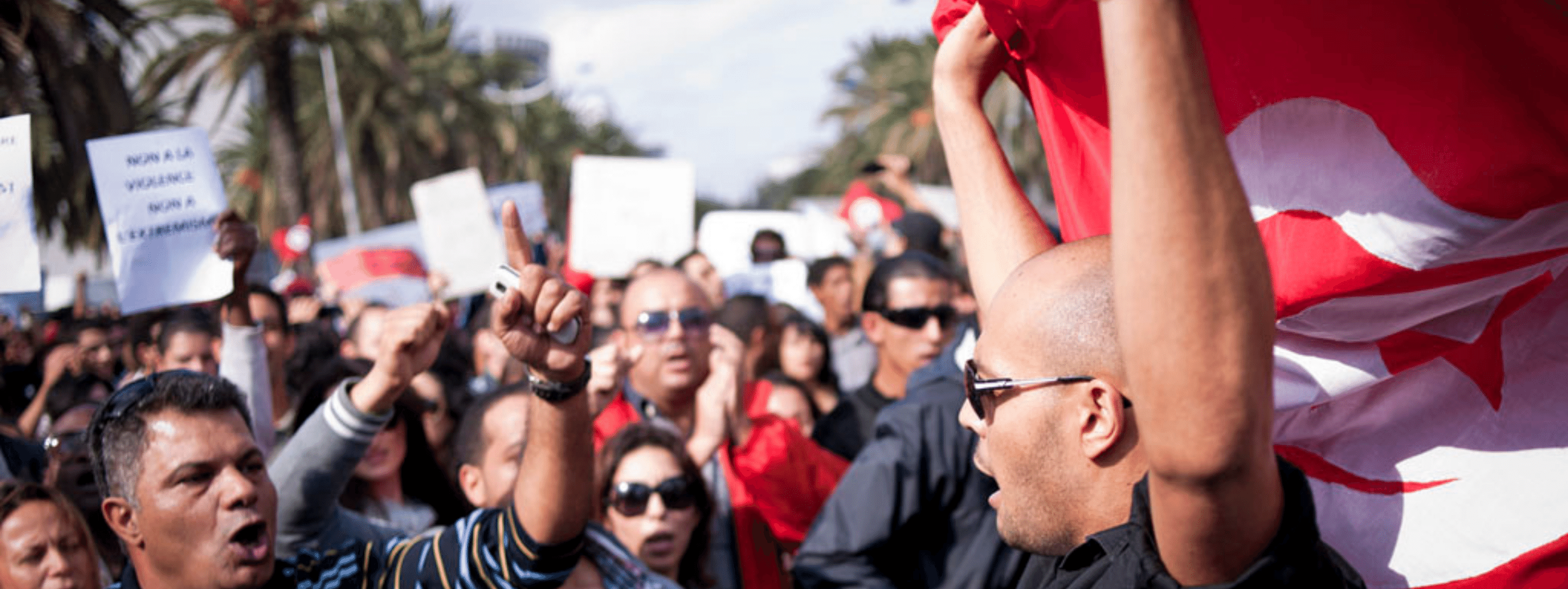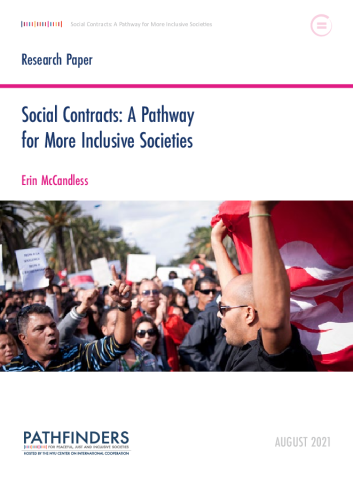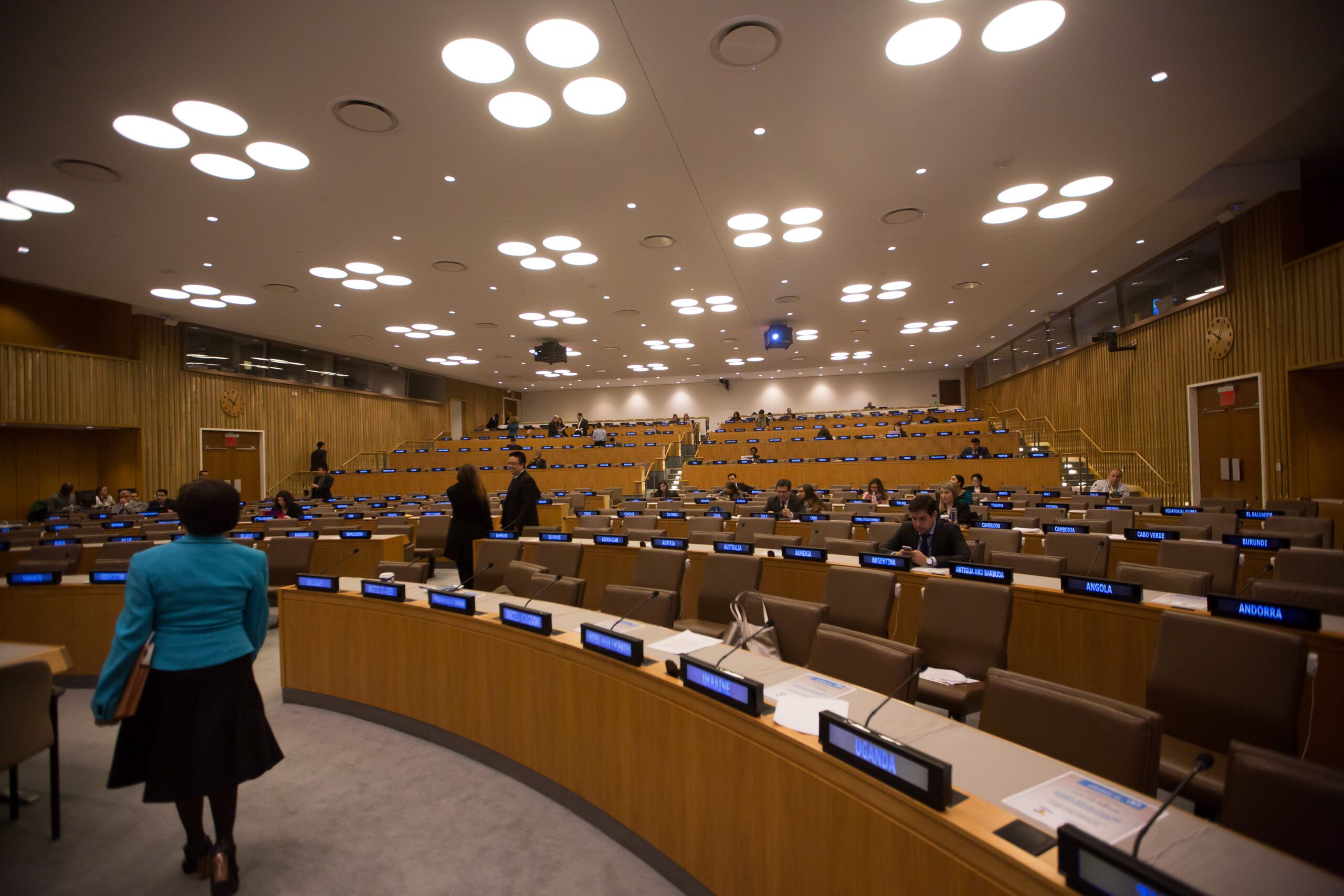States and societies are in crisis around the world, as questions arise around the nature and quality of existing social contracts. COVID-19 has laid bare profound vulnerabilities within and across societies. The global pandemic is revealing deep failures in policy visions, institutional fragility, and incapacities of states to harness societal compliance where trust and a sense of national belonging is weak. At the same time, our interdependencies have never been so clear, as all countries, developed and underdeveloped alike, confront similar challenges. Crisis, however, offers opportunity to do things better, to build forward better – strengthening social contracts at all levels. How then, can social contracts, and compacting in times of crisis, offer pathways to address inequality and exclusion?

This paper considers how social contracts can offer frameworks to foster new thinking and shape transformative policy to build more inclusive societies. Such frameworks should tie bold new policy visions to robust and resilient institutional arrangements that uproot harmful structural legacies with lasting effect for inclusive and peaceful societies. They must also offer means to address material conditions of inequality, and those related to recognition, identity, and dignity. The cases of South Africa, Tunisia, Colombia, and South Korea reveal that, while not easy nor predictable, such pathways exist. Key findings in this briefing include:
- Inequality and exclusion stem from policy choices and are fueled by corruption; they undermine foundations of inclusive and resilient national social contracts, e.g. trust in government and societal willingness to consent to difficult policy choices;
- Participation in formal electoral processes is declining while protest is rising, indicating a lack of faith in existing politics and institutional mechanisms for resolving conflict and fostering consensual politics; and
- Civil society movements in and across countries are advancing more inclusive social contracts that tackle vulnerability and risk through a variety of innovative means that deserve greater support.
Read the full paper: Social Contracts: A Pathway for More Inclusive Societies
This policy paper is part of the Pathfinders Grand Challenge on Inequality & Exclusion. More information about this initiative can be found here.


